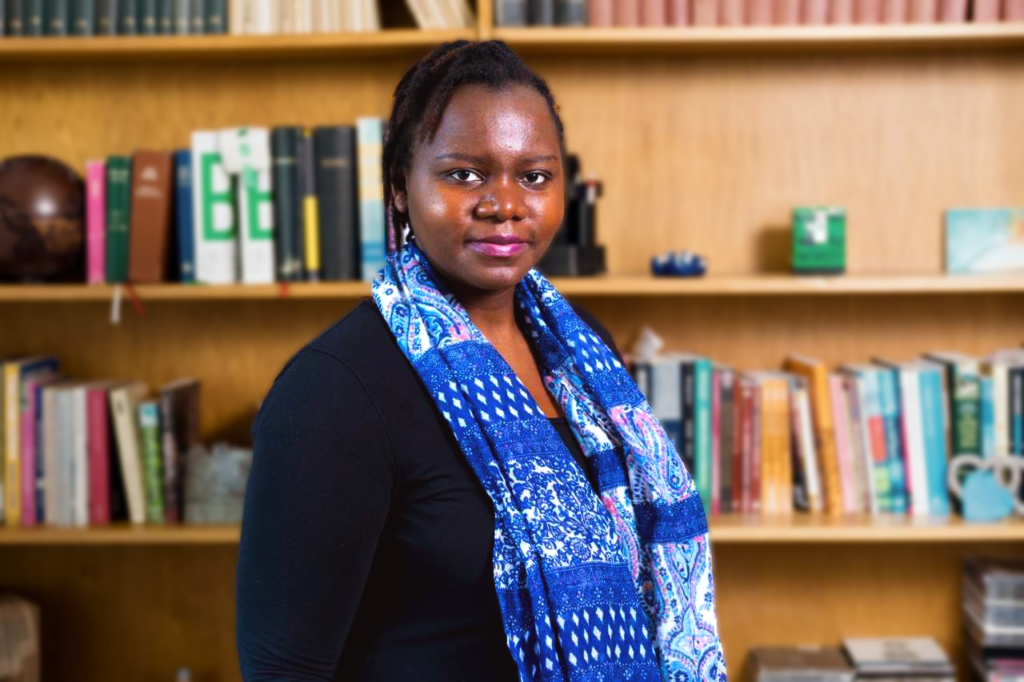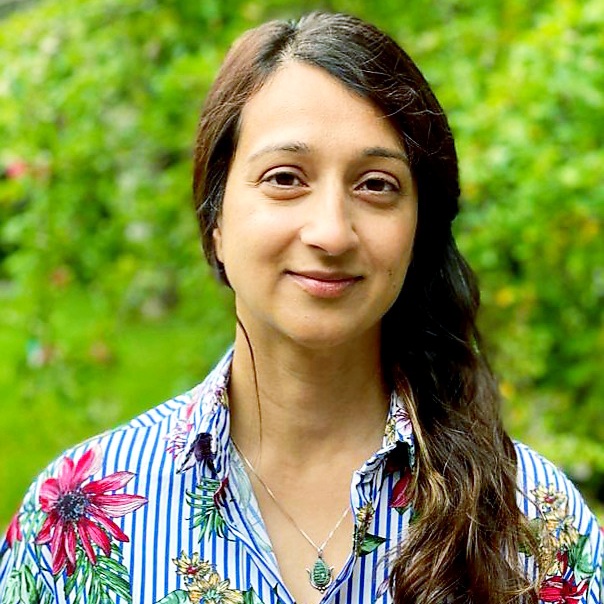We’re excited to present our main speaker for the upcoming REGENN lunch meeting event, dr S’lindile Thabede from Stellenbosch University. This lunch meeting is organised in cooperation with the Decolonizing Interreligious Studies research team from VU University, Amsterdam.”Mark your calendars for November 30th, from 12:00 to 13:30 CET, and join us on Zoom for an enlightening discussion that promises to broaden your perspective.
Attendance is free, and we encourage you to invite colleagues and others who may be interested in the topic. ***Click the button below to register for the meeting, which is part of the VU Decolonizing Interreligious Studies module.

Dr S’lindile Thabede
Introduction to the topic
Dr Thabede’s study delves into the journey of Hagar/Hajar, as seen through the lenses of three major monotheistic traditions: Judaism, Christianity, and Islam. The scriptural narratives in these traditions depict Hagar/Hajar in distinct and thought-provoking ways, prompting profound reflections on her identity within these faiths and their potential contributions to interreligious discourse.
This project offers a unique tripartite view, each firmly rooted in its respective monotheistic milieu, advocating for a fresh look at the Hagar/Hajar traditions. By adopting an African-feminist standpoint and focusing on Hagar/Hajar’s geopolitical context, the study introduces new dimensions to her story. It underscores the idea of Hagar/Hajar as a figure caught between two worlds, shedding light on her body as a battleground for various forms of oppression and a beacon of hope and transcendence.
As a slave woman who was bestowed upon the monotheistic figure Abraham, Hagar/Hajar’s story reveals an intersectional portrayal of oppression, touching on aspects of sexuality, gender, culture, race, class, and ethnicity. Despite her central role in the three Abrahamic traditions, her narrative is subject to diverse context-bound interpretations, sparking engaging conversations and debates on the historical positioning of women.
More about our speaker
Dr S’lindile Thabede, a gender scholar, is dedicated to unveiling the complex layers of oppression experienced by women, be it through gender, race, class, culture, ethnicity, or religion. Her work explores the intricate dynamics of power, roles, and expectations in the context of both warfare and society. By scrutinising gender norms and inequalities, she sheds light on their profound influence within military and civilian spheres, transcending conventional boundaries and embracing men, women, and non-binary individuals. Her commitment to enhancing women’s citizenship extends beyond academia. Dr. Thabede has actively engaged with Hope Africa, facilitating discussions on diverse gender issues within Cape Town communities. Collaborating with the “Healing of Memories” NGO, she empowers victims of gender-based violence, equipping them with the tools to become agents of change and support in their own right. Furthermore, her involvement with “Inclusive and Affirming Ministries” (IAM) as a research assistant demonstrates her dedication to challenging the dehumanisation of LGBTQ+ lives within African contexts.
Responses by Thandi Soko-de Jong and Fatimah Ashrif
Thandi Soko-de Jong

Thandi Soko-de Jong is a PhD student in theology. Among other groups,
she is a member of the African Female Theologians in Europe (A.F.T.E.) and the Gender Justice Reference Group at the World Council of Churches.
She holds degrees in African Studies (African Studies Centre Leiden, Leiden University), Theology and Development (University of KwaZulu-Natal), and Biblical Studies and Mass Communications (African Bible College, Malawi). Her areas of focus include the history of theology and racism, theology and development, African studies, and health.
Thandi’s picture: Amfion Fotografie
Fatimah Ashrif

Fatimah Ashrif is a PhD student with a focus on contemporary women’s mystical activism. She is committed to deepening in interfaith and interspiritual work and is holding the question of how one moves beyond traumatic responses to the “other” to enable deeper empathy, reconciliation and mutual flourishing. Through RAY, she has co-curated an annual online festival for three consecutive years bringing together women spiritual leaders, teachers, creatives and activists from across religious and spiritual traditions from around the world for “heart-to-heart” conversations on gender-related themes.
Register below!
After registering, you will receive a Zoom meeting link and have the chance to add it to your agenda. If you encounter any registration issues, please feel free to contact the REGENN coordinator, dr Jacobie M Helena Visser, at regennetherlands@gmail.com.

